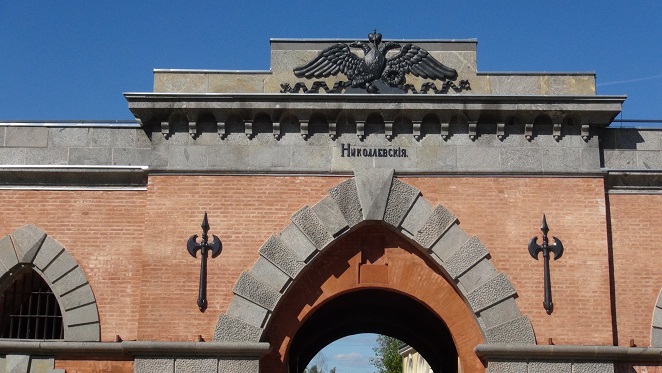Russians are the Latvia’s largest, most vocal and most controversial minority. In many cities Russians form ~40% of population, in Daugavpils even the majority. In villages there are few Russians, except for Latgale (Eastern Latvia).
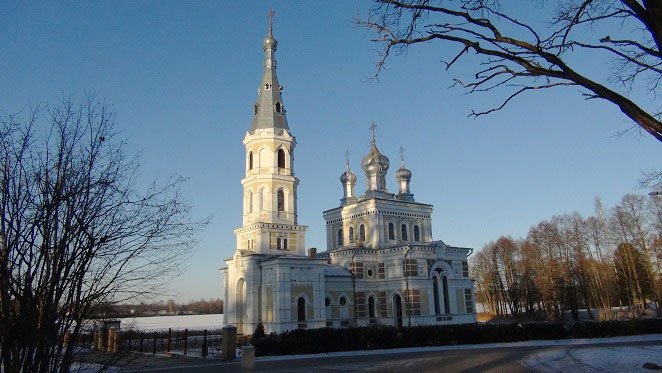
Most of Latvia’s Russians were sent in as Soviet settlers while the country was under Soviet occupation (1940-1990). The colonization was massive indeed: the Russian population shot up from 8,8% in 1935 to 34% in 1989. Russians were generally not learning Latvian language nor customs, expecting Latvians to learn “the Russian ways”. Latvians saw this as a severe threat, understanding that independence will become impossible after Russians become the majority.
However, the Soviet Union collapsed earlier and Latvians asserted their freedom. It was believed that the largely pro-Soviet Russian minority could easily “hijack” the new country. Therefore Latvian citizenship (and voting rights) were only given to the Russians who legally came to Latvia before 1940. Soviet settlers had to learn to speak Latvian and naturalize, which most of them refused to do. Only a third did leave Latvia for good however, accepting Russian citizenship, leaving Latvia 26,9% Russian today.
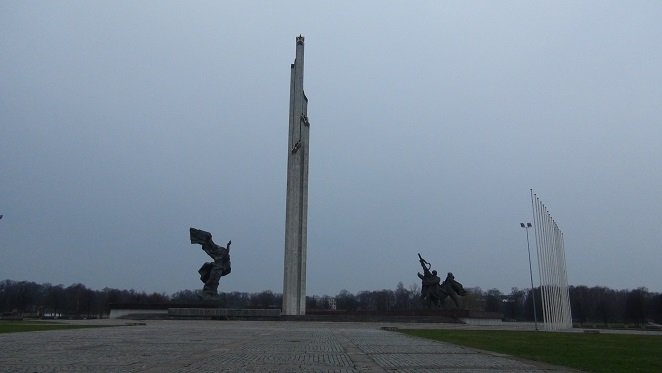
Therefore to this date there are 250 000 people without citizenship in Latvia, most of them Russians. With 12,5% of its inhabitants stateless Latvia is among the „world leaders“ by this criteria. The number declines however, as any children born to the stateless Russians automatically become citizens. Nevertheless, Russia would regularly blame Latvia for alleged discrimination of local Russians. Latvia replies such accusations by claiming that settling of occupied territory was illegal at the first place.
Another grievance of the local Russian community is the status of Russian language. Despite its prevalence in many cities it has no official status anywhere, with all signs Latvian only. To Latvians any official status to Russian language is seen as a danger that Russian (which is well-spoken by every Latvian raised under occupation) would replace Latvian as lingua franca.
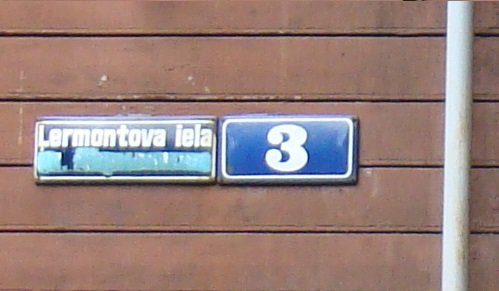
Latvians and Russians have separate political parties, cultural institutions and media in Latvia. Most Russians associate themselves more with Russia than Latvia. To the dismay of Latvians they celebrate festivals such as the Soviet victory day, commemorating the moment when Soviet became the 2nd superpower of the Cold War (but also entrenched their occupation and Genocide of Latvians.
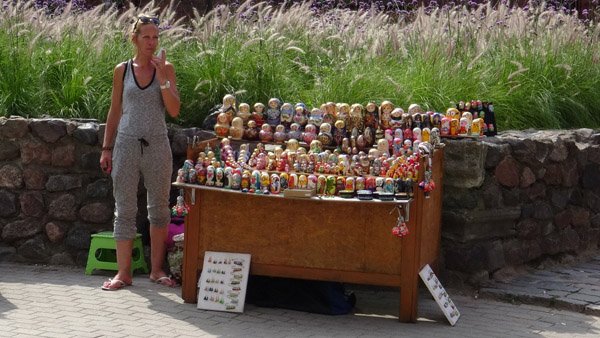
While Soviet settlers are the most visible part of Latvia’s Russians, there are also older communities in Latgale (Eastern Latvia). Many of these are Old Believers whose ancestors fled Russia from 18th century religious persecutions. These Russians are mostly Latvian citizens and better integrated.
